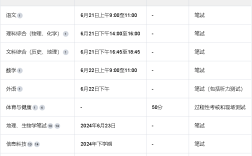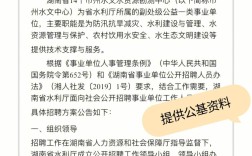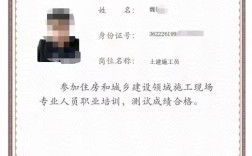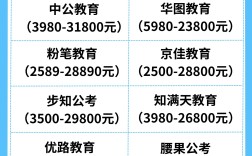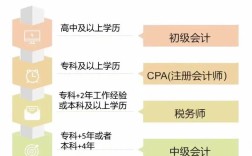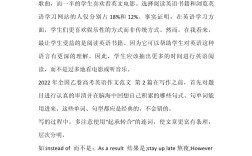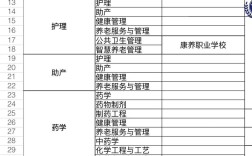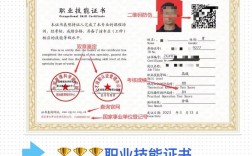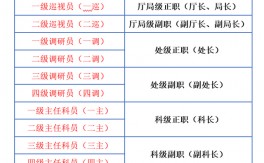popular名詞
"Popular" 作為名詞時(shí),通常指的是“流行物”或“受歡迎的事物”。它可以用來描述那些受到廣泛歡迎或喜愛的事物。以下是一些例句:
1. The new song became an instant popular.
這首新歌立刻成為了熱門歌曲。
2. The book is a popular among young readers.
這本書在年輕讀者中很受歡迎。
3. The restaurant is known for its popular dishes.
這家餐館因其受歡迎的菜肴而聞名。
4. The movie has gained a lot of popular since its release.
這部電影自上映以來獲得了巨大的人氣。
5. The concert was full of popular songs from the 80s.
音樂會(huì)上充滿了80年代的流行歌曲。
"popular" 作為名詞時(shí),通常以復(fù)數(shù)形式出現(xiàn),表示多個(gè)受歡迎的事物。

popular的用法和詞組
"Popular" 是一個(gè)英語(yǔ)單詞,主要有兩個(gè)基本含義:
1. 受歡迎的:指被大多數(shù)人喜歡或欣賞的。
2. 大眾的:指與普通群眾或大眾文化相關(guān)的事物。
以下是一些常見的 "popular" 的用法和詞組:
1. Popular among:在...中受歡迎。
- *The book is popular among teenagers.*(這本書在青少年中很受歡迎。)
2. Popular with:被...喜歡。
- *He is popular with his students.*(他在學(xué)生中很受歡迎。)
3. Popular culture:流行文化。
- *Popular culture influences our daily lives in many ways.*(流行文化以多種方式影響著我們的日常生活。)
4. Popular opinion:公眾輿論。
- *According to popular opinion, the movie was a flop.*(根據(jù)公眾輿論,這部電影失敗了。)
5. Popular science:普及科學(xué)。
- *Popular science books are written to make complex ideas accessible to a general audience.*(普及科學(xué)書籍旨在使復(fù)雜的概念為普通讀者所理解。)
6. Popular vote:普選票。
- *She won the popular vote but lost the election.*(她在普選中獲勝,但輸?shù)袅诉x舉。)
7. Popular support:民眾支持。
- *The policy has widespread popular support.*(這項(xiàng)政策得到了廣泛的民眾支持。)
8. Popular demand:大眾需求。
- *The product was introduced in response to popular demand.*(該產(chǎn)品是應(yīng)大眾需求而推出的。)
9. Be popular for:因...而受歡迎。
- *The restaurant is popular for its seafood dishes.*(這家餐館因其海鮮菜肴而受歡迎。)
10. Make popular:使...受歡迎。
- *Social media has made the song popular worldwide.*(社交媒體使這首歌在全球范圍內(nèi)流行起來。)
11. More popular than:比...更受歡迎。
- *Skateboarding is more popular than surfing among young people.*(滑板運(yùn)動(dòng)在年輕人中比沖浪更受歡迎。)
12. Popular belief:普遍信仰。
- *Contrary to popular belief, not all spiders are dangerous.*(與普遍信仰相反,并非所有蜘蛛都是危險(xiǎn)的。)
這些用法和詞組可以幫助你更好地理解和使用 "popular" 這個(gè)單詞。
popular的詞性
"popular"這個(gè)詞在英語(yǔ)中通常作為形容詞使用,意思是“受歡迎的”、“流行的”或“大眾的”。它可以用來描述一個(gè)人、事物、觀點(diǎn)或趨勢(shì)等,當(dāng)它們受到廣泛的喜愛或有大量的追隨者時(shí)。
例如:
- The movie is very popular among teenagers.
(這部電影在青少年中非常受歡迎。)
- She is a popular teacher because of her engaging teaching style.
(她是一位受歡迎的老師,因?yàn)樗慕虒W(xué)風(fēng)格很吸引人。)
"popular"有時(shí)也可以作為名詞使用,但這種情況較為罕見,通常指“大眾”或“民眾”。
例如:
- The policies were designed to appeal to the popular vote.
(這些政策旨在吸引大眾的選票。)
不過,作為名詞的用法不如作為形容詞的用法常見。

 微信掃一掃打賞
微信掃一掃打賞
